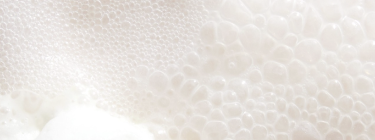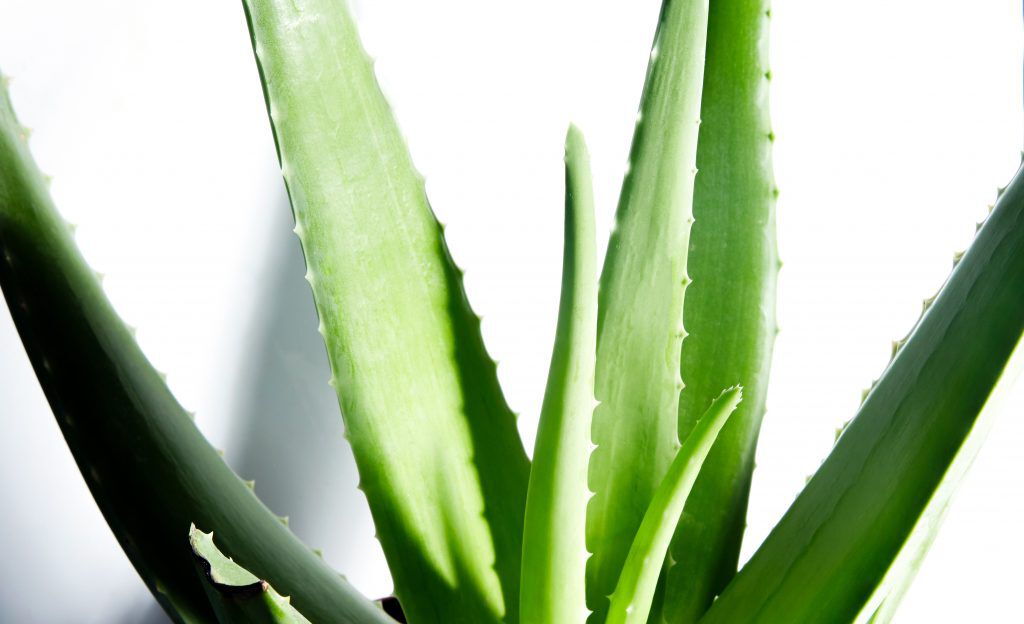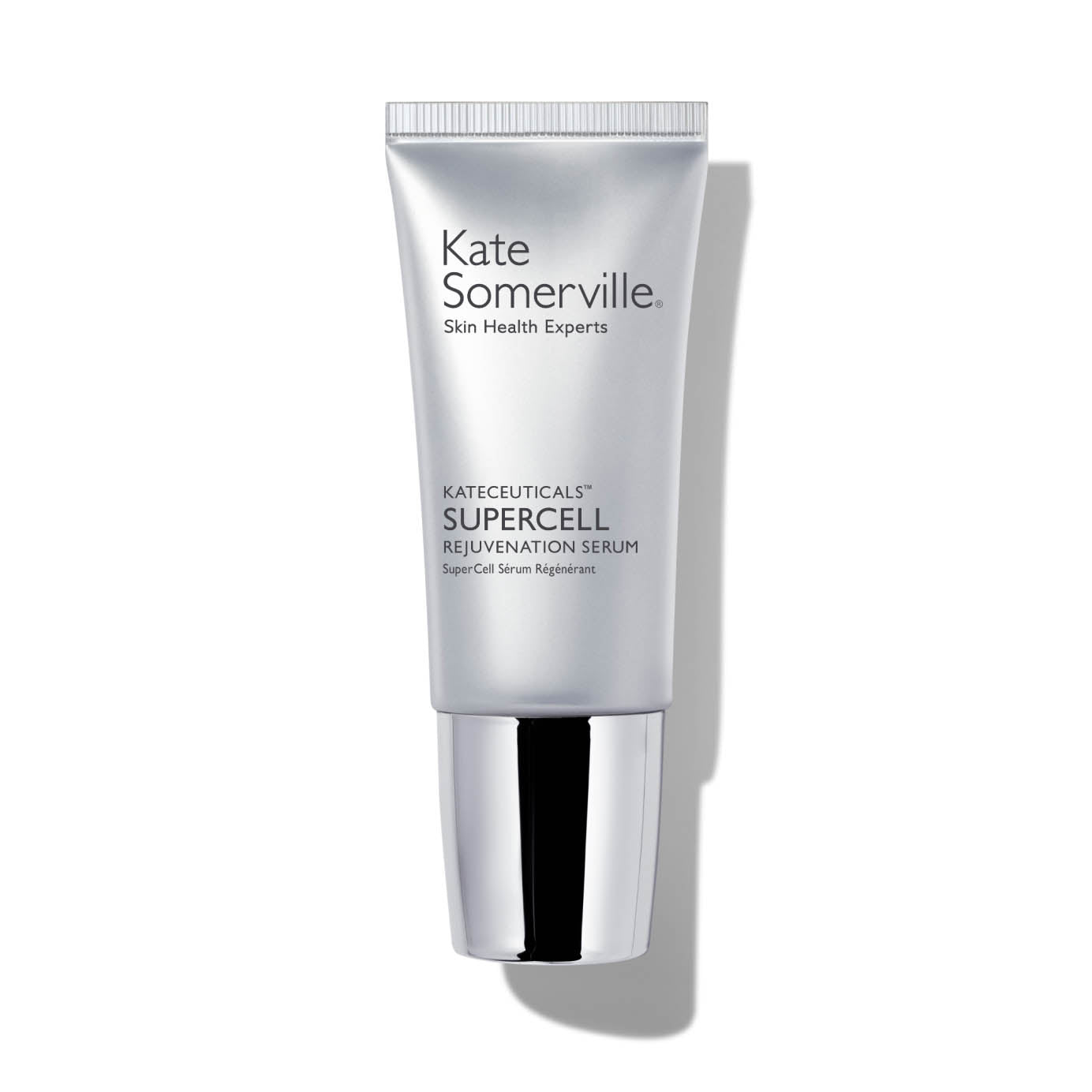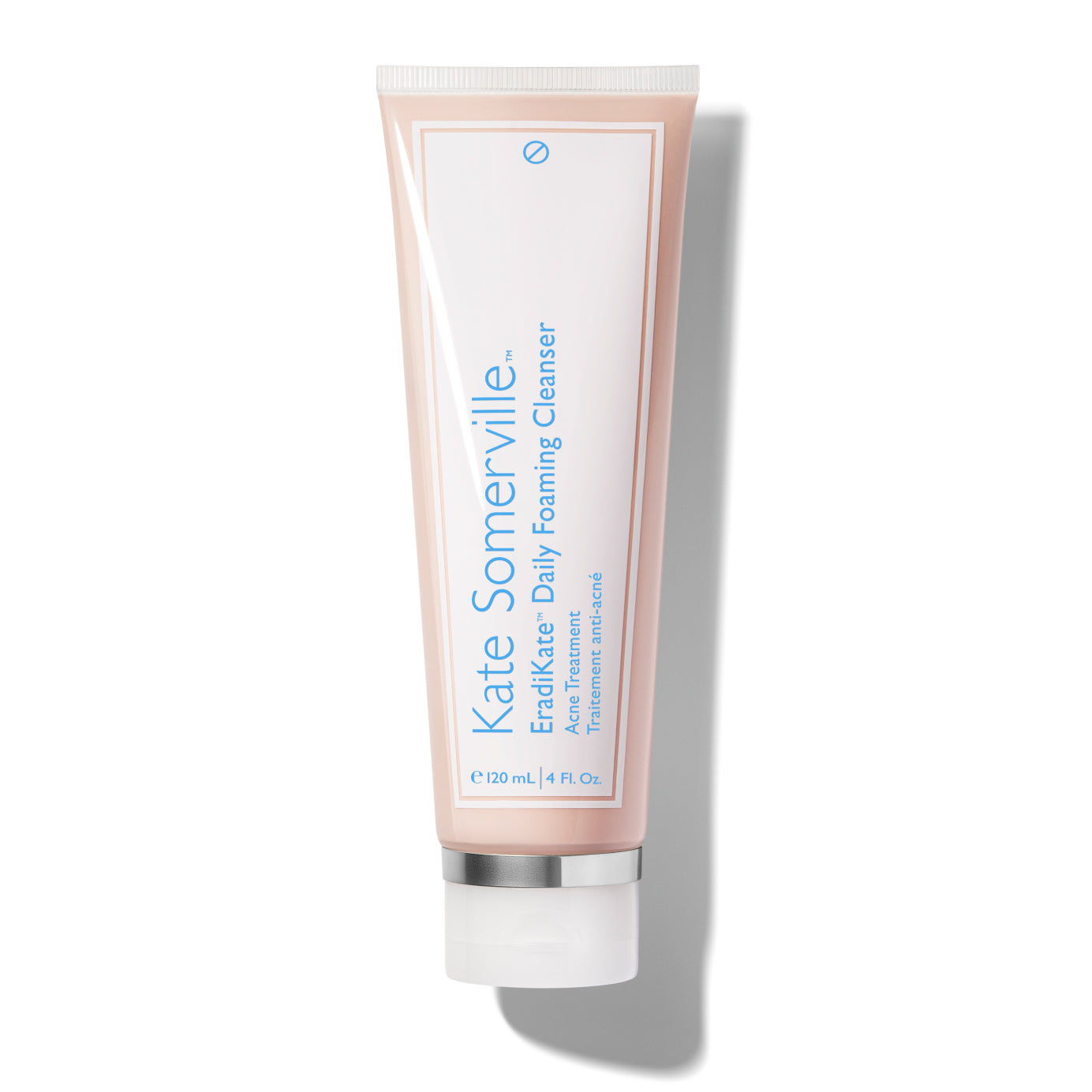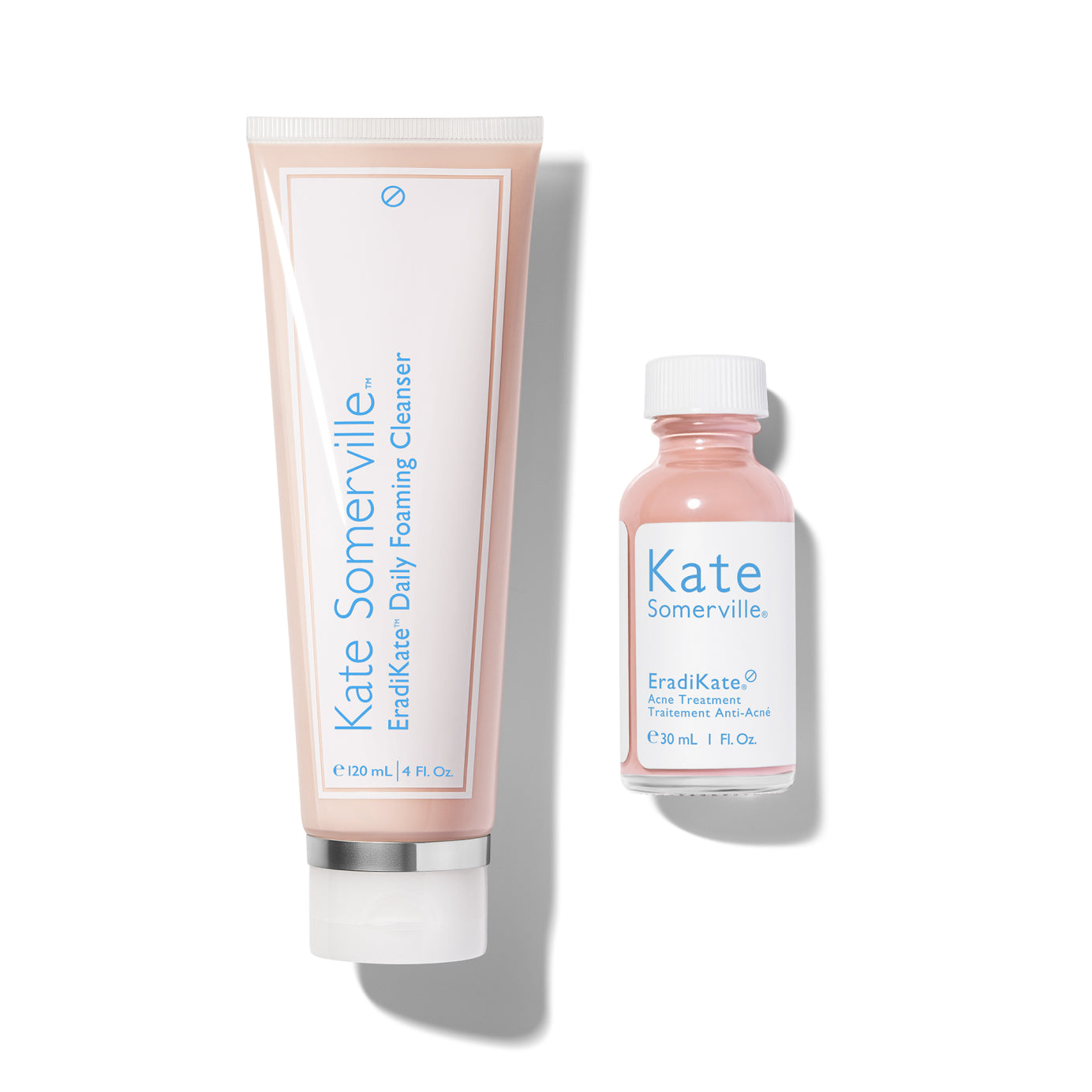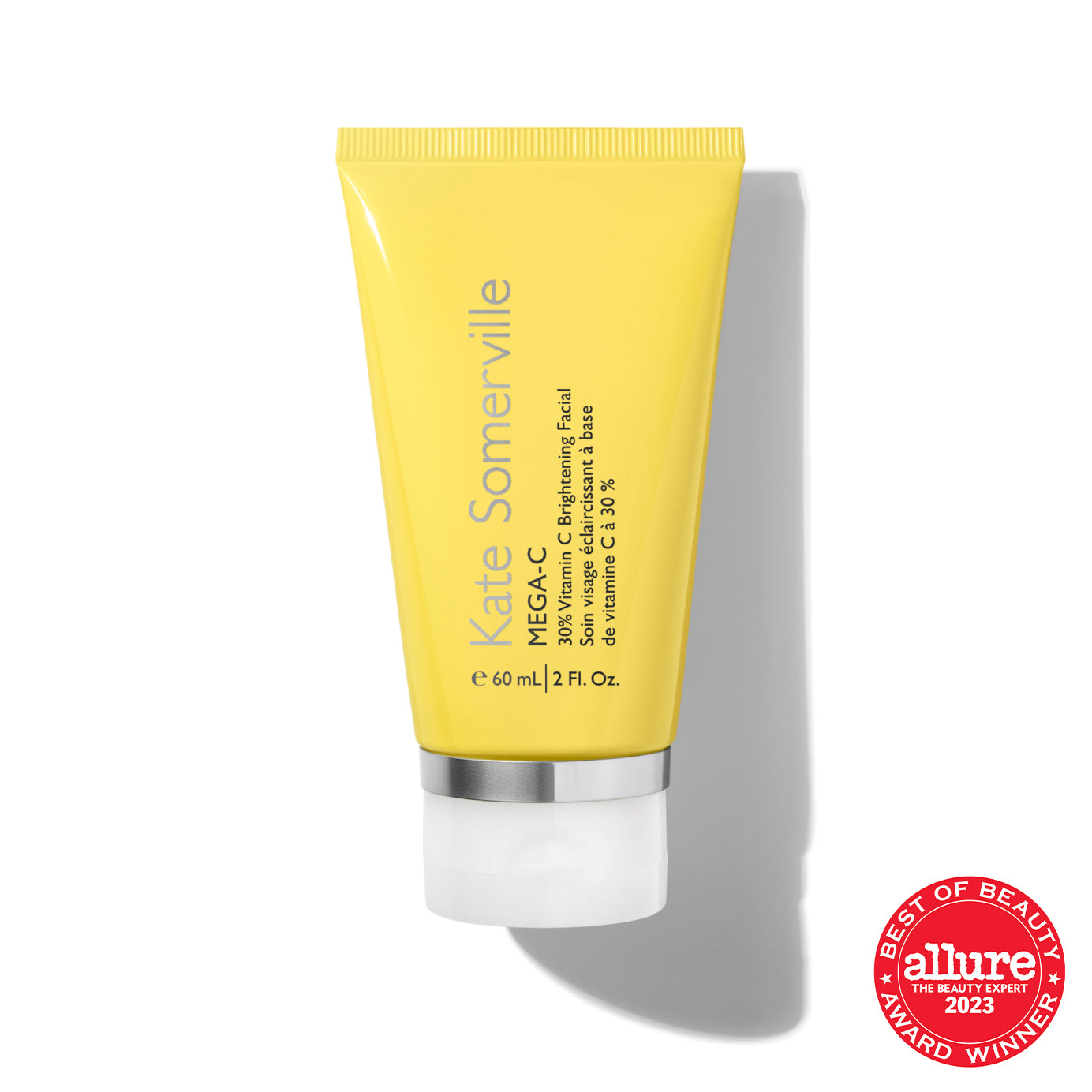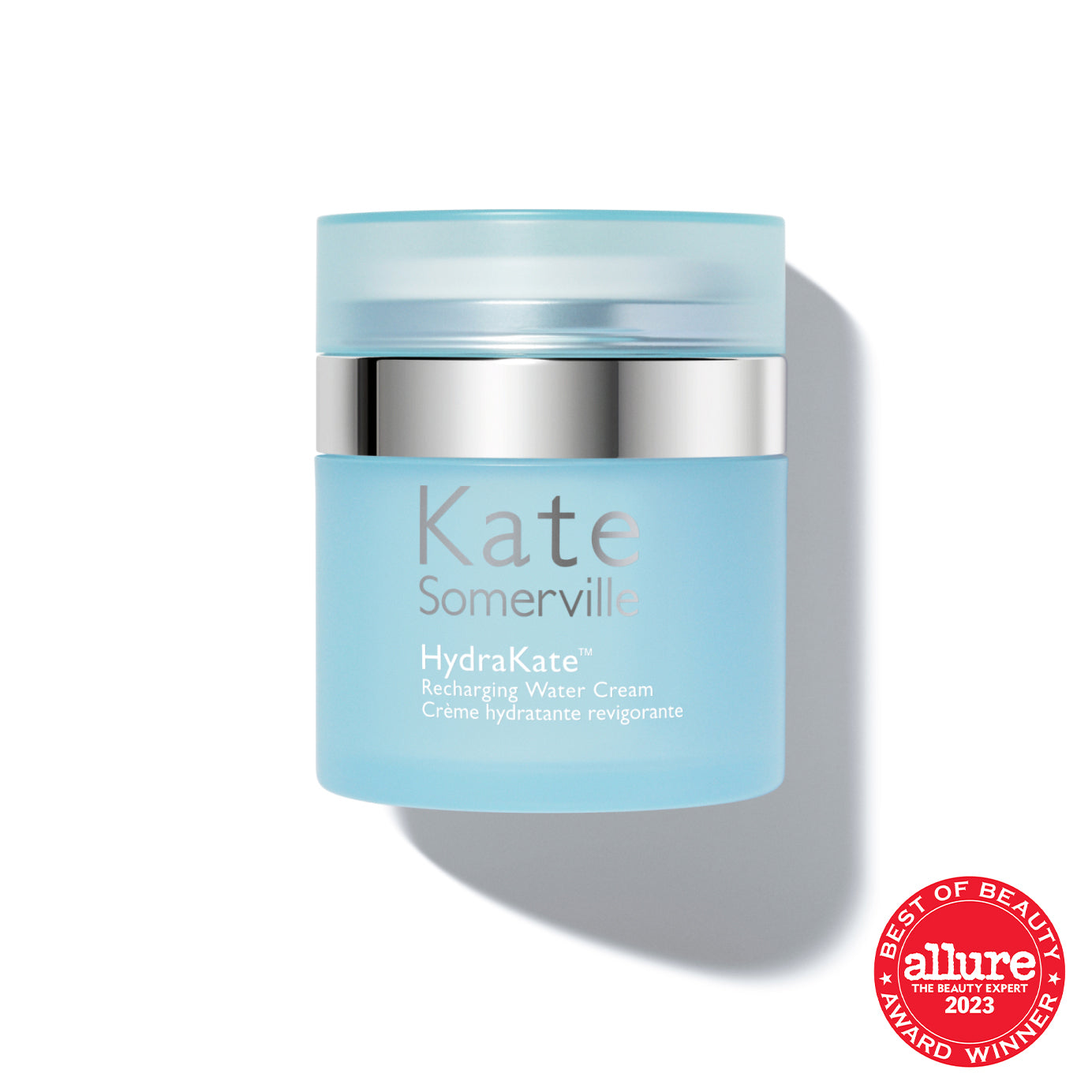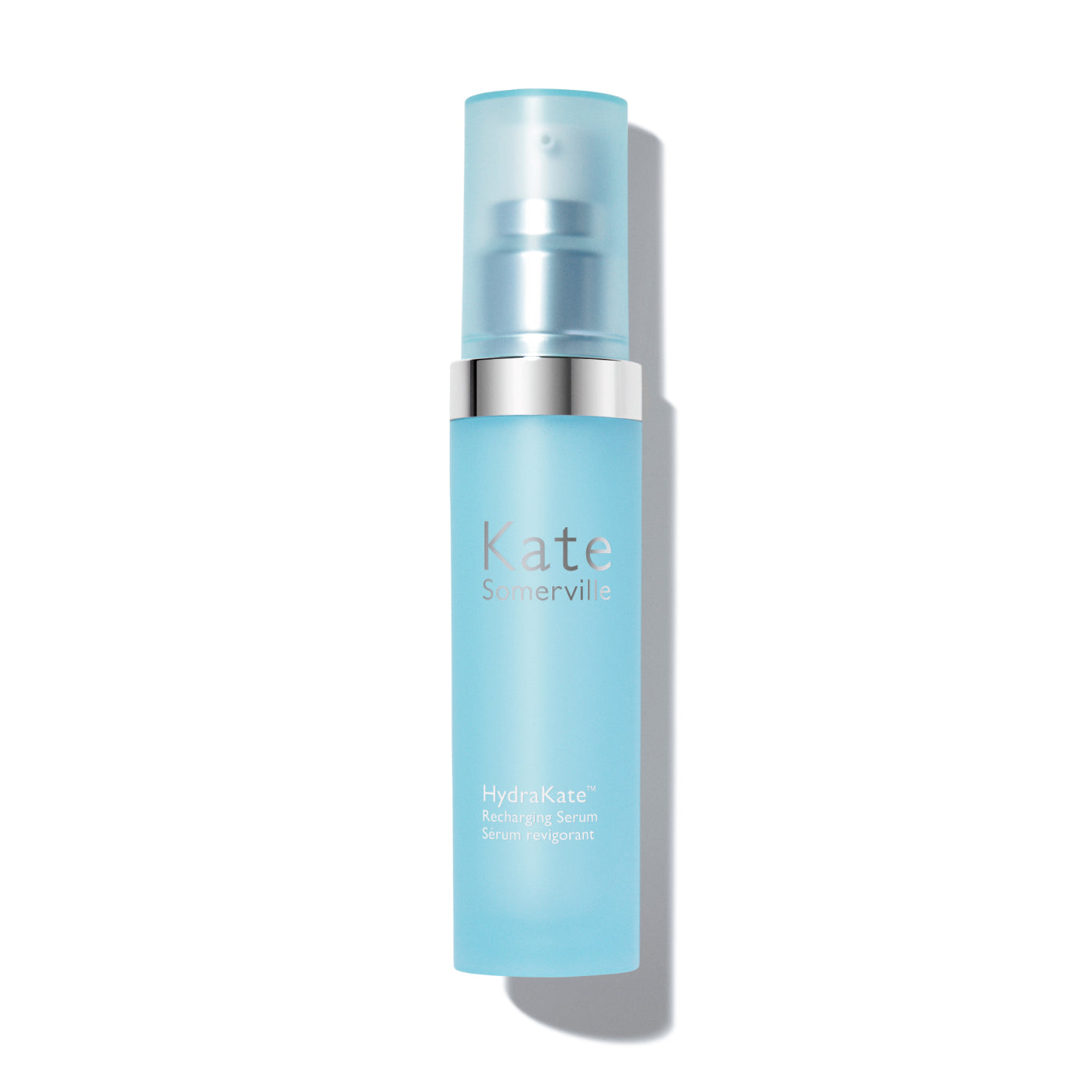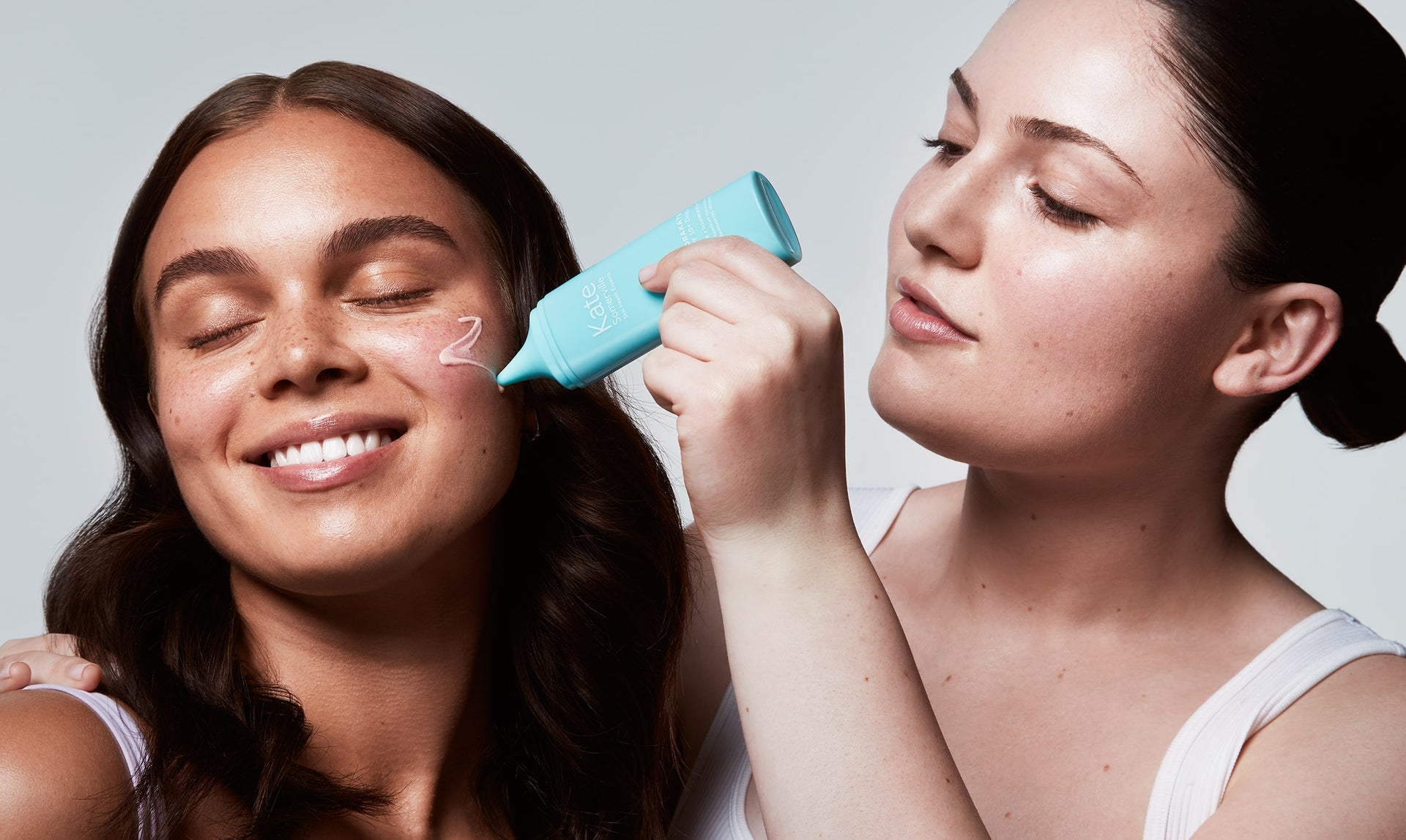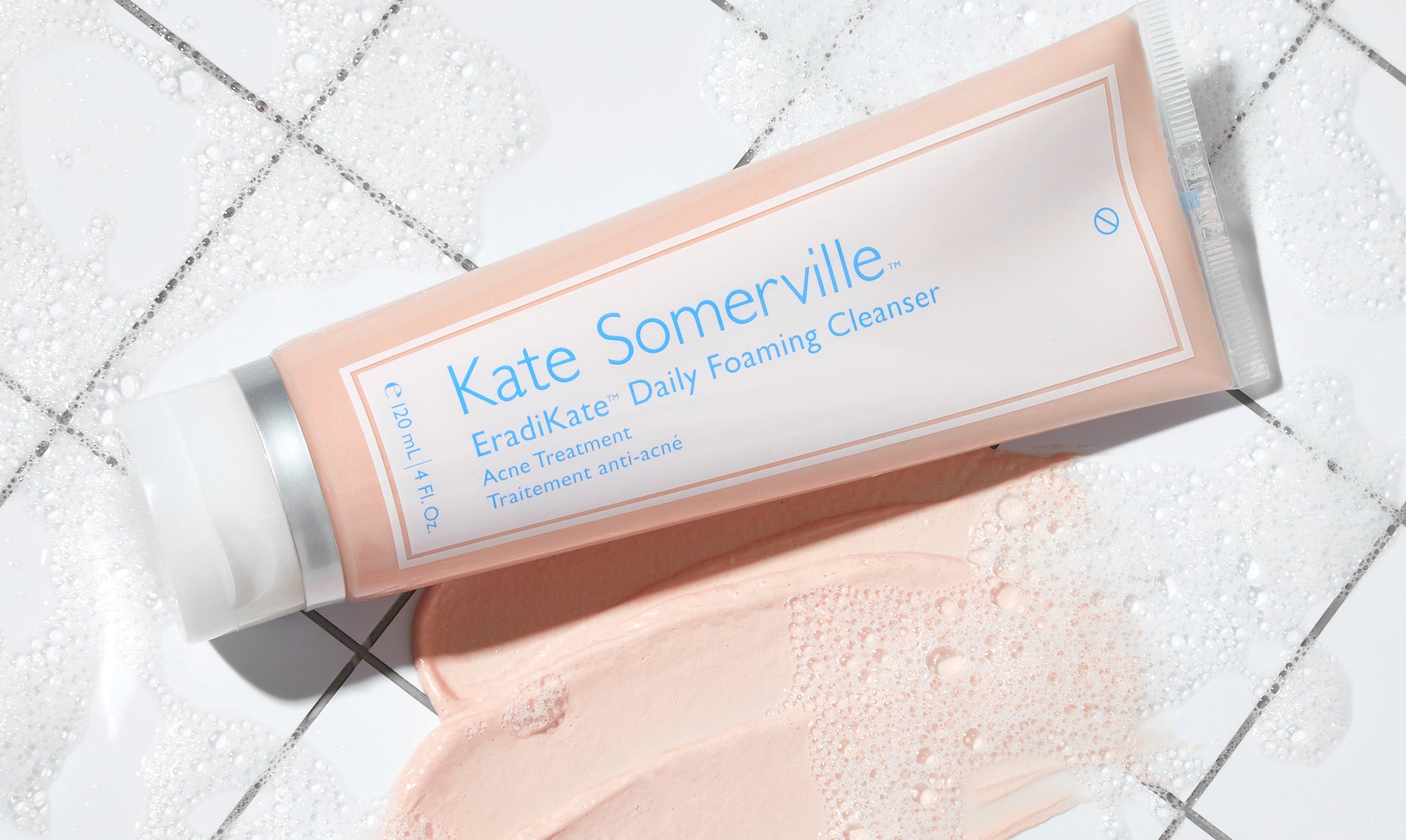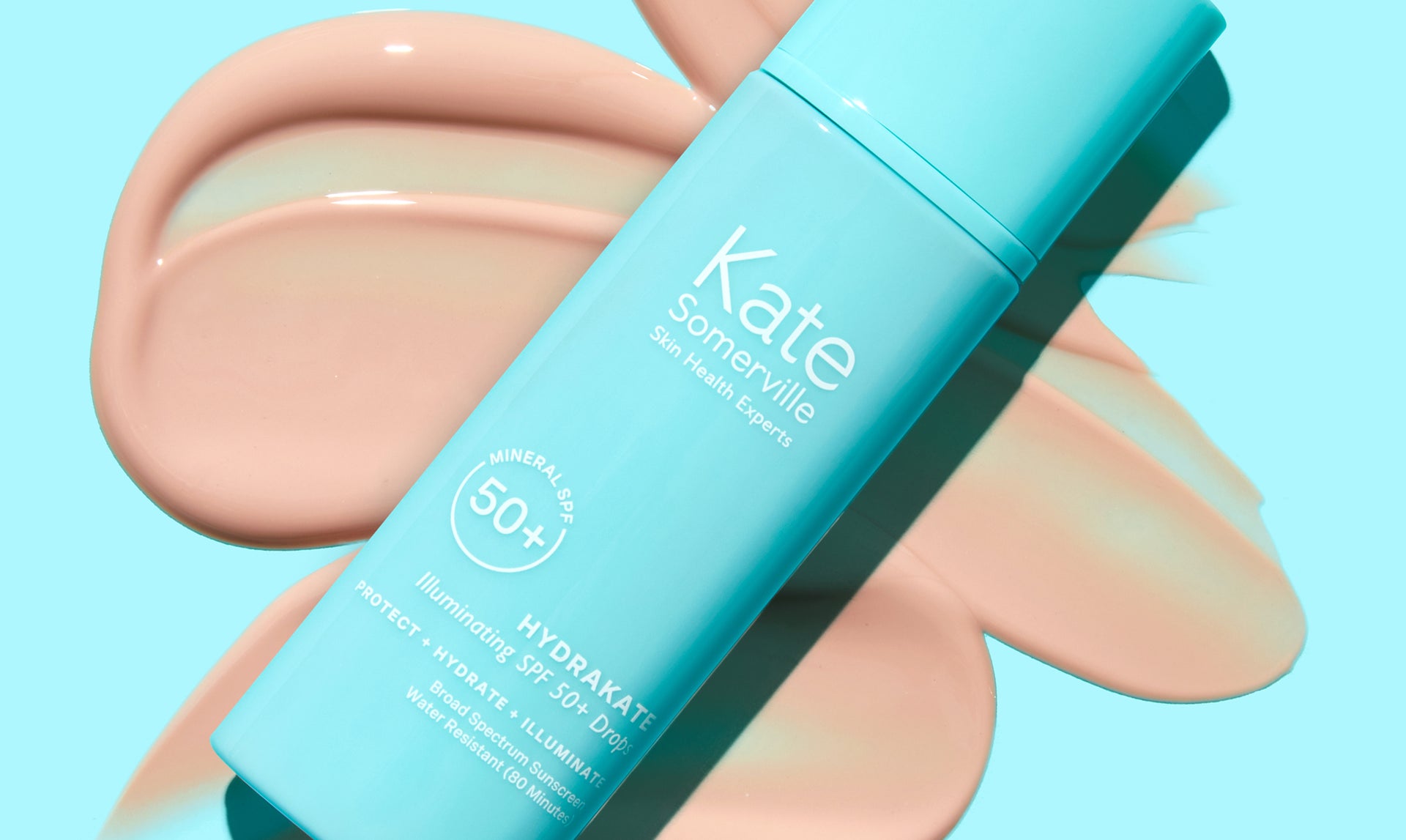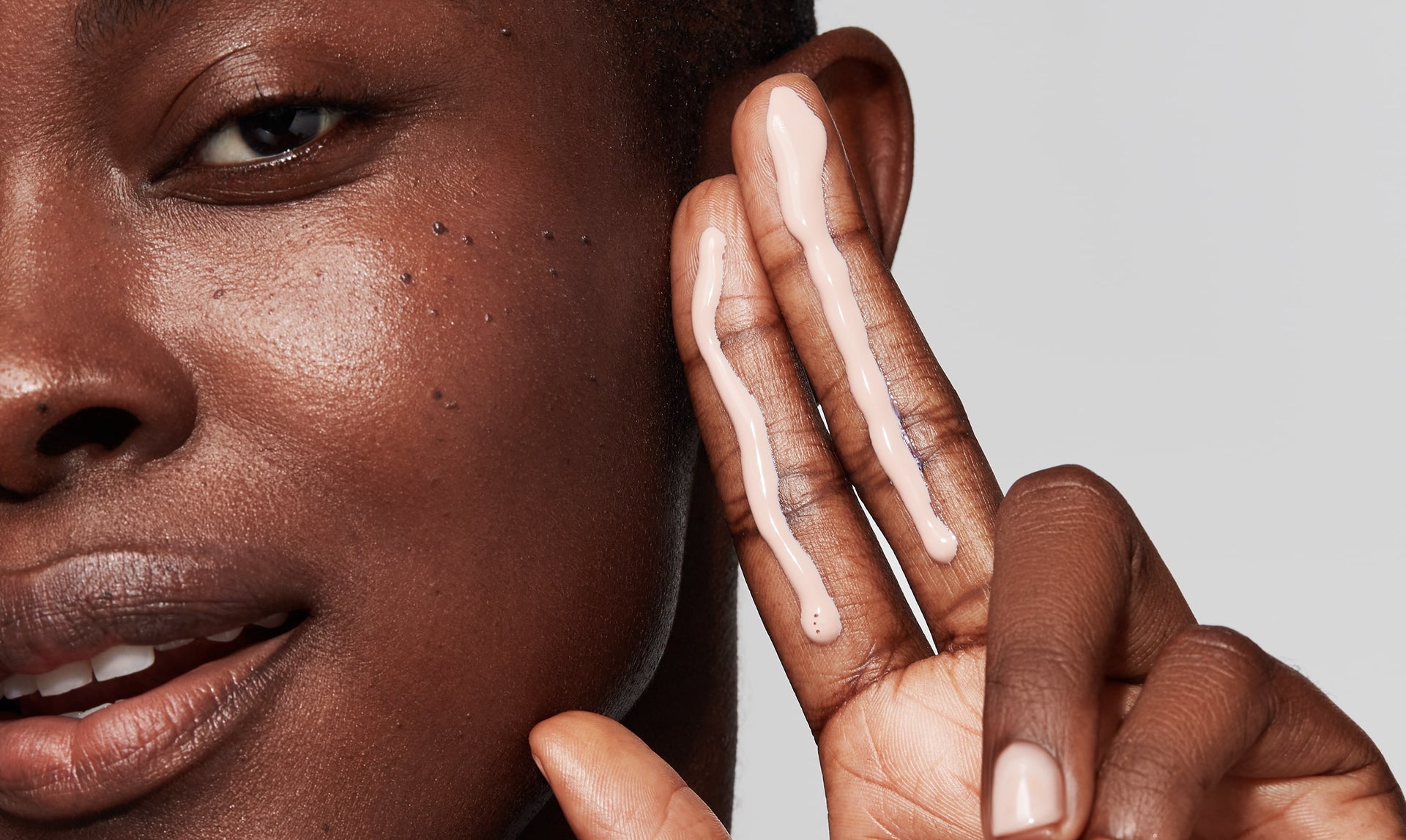Living with sensitive skin can be a challenge. Sometimes even the products branded as safe or effective in treating certain sensitivities can cause adverse reactions, causing an even greater struggle. But using natural ingredients, such as aloe vera, can help to minimize some of this risk while actually helping to address any underlying skin conditions. Now, most of us know aloe vera as the soothing gel to put on your sunburned skin, providing a cooling sensation and helping to seemingly speed up the healing process. However, using aloe vera on your skin regularly can have outstanding benefits in addition to its calming effect.
What is Aloe Vera?
In the succulent family (yes, the variety of plants taking over your social media feeds), aloe vera is a spiky plant that grows naturally in dry, tropical climates such as those found in Africa, Asia, Europe, and the southern and western parts of the United States [1] . For centuries, humans have known that the plant had more to offer than just being nice to look at. When cut open, the plant yields a gelatinous substance which is clear in color and this gel and its juices was a popular herbal remedy that could help treat a variety of conditions from skin problems to digestive issues. Today, these are the elements primarily used as ingredients in premium skin care and cosmetic beauty products.
5 Reasons to Use Aloe Vera
These days, products containing aloe vera can be found in a variety of forms including facial cleansers, moisturizers, shaving creams, sunscreens, and more. Truly, you can find nearly any product you can imagine utilizing aloe vera as an ingredient. So why might you choose to incorporate products with aloe vera into your daily routine? In fact, it is a powerful ingredient that can help address a number of skin issues.
- Rich in Healing Compounds - Thanks to the plethora of vitamins found in aloe vera, it is a powerful pain reliever and helps to reduce inflammation or irritation that can be the result of a number of different skin conditions [2] . Specifically, the polysaccharides found in aloe encourage skin repair and regeneration while carboxypeptidase helps provide pain relief, aloe’s signature soothing effect. In addition, the inflammation which underlies many skin conditions including sunburns, psoriasis, and eczema can be suppressed by compounds [3] found in aloe such as acemannan. Just make sure to do a patch test before putting anything on actively inflamed skin, as aloe vera can cause allergic contact dermatitis in some people, though it is rare. Finally, aloe vera is rich in vitamins A, B, C, D and E and minerals like magnesium, potassium, and zinc are all believed to aid in the rapid healing benefits [4] of the plant. Read more about the benefits of Vitamin C.
- Enhances Hydration - Because aloe vera gel is nearly all water, it helps to hydrate and lock in moisture for the skin. As the skin is more hydrated, it begins to appear smoother and softer as the surface layer of the skin becomes bound together more closely. In essence, aloe vera helps to rebuild the skin’s natural moisture barrier, the outermost layer of the skin which provides protection and defends against external irritants such as bacteria and environmental debris. When these elements penetrate the skin it can cause sensitive reactions and increased dehydration of the skin.
- Fights Bacteria & Infection - Aloe vera offers antibacterial properties which can help reduce the presence of acne-producing bacteria on your face and naturally contains salicylic acid which is an exfoliant that can help to unclog pores. As a result, aloe is especially helpful if you have acne-prone skin and consistently deal with pimples or blackheads. Salicylic acid is also a natural intensive exfoliating treatment which can help remove dead skin and prevent it from clogging pores. It’s anti-inflammatory effects which we noted earlier also impacts the oil glands that cause acne, helping reduce irritation which may result in further breakouts. Similarly, aloe vera is an antiseptic containing six agents known to help inhibit fungal, bacterial, and viral infections on the skin. In addition to salicylic acid, these compounds include phenols and sulfur which offer additional acne-fighting benefits [5].
- Slows the Signs of Aging -The healing compounds found in aloe which help to encourage skin regeneration and increased hydration can help minimize the appearance of fines lines and wrinkles [6]. As the skin becomes plumper with moisture and more resilient, fine lines on the face should be able to fill out and become less visible. Furthermore, the zinc naturally found in aloe acts as an astringent to help tighten pores while antioxidants such as vitamins C and E aid in the prevention of harmful free radicals, molecules that can be very harmful to the skin and contribute to premature aging.
- Minimizes Discoloration - Aloe vera can also help prevent the effects of the skin’s enzyme responsible for skin discoloration, tyrosinase, by essentially suppressing UV-induced hyperpigmentation and the skin-damaging effects of sunburns. The various antioxidants contained in aloe vera may also help prevent dark spots and fade sun damage that has already occurred, though more research is needed to be sure how this mechanism works.
Despite the lack of medical research regarding aloe vera and its effects on the skin, you can find plenty of anecdotal evidence on the internet highlighting the positive effects its use can have for those who make it a regular part of their routine. And with very few people experiencing negative effects, typically only those with an allergy, there is little to no harm in giving it a try.
Choosing Aloe Vera Products
When it comes to selecting a product containing aloe vera, there are a lot of options available on the market from face creams with aloe vera to aloe vera moisturizer, you can find almost every type of product with some amount of this powerful ingredient. But depending on the effects you would like to see and the goals you have for your skin, there are certain skin-care products and labeling you should look for.
- More is Better - To get the best results from aloe, go for a product that has a higher percentage. While you are able to use the pure flesh found inside aloe vera leaves, you can also use products with aloe listed as a primary ingredient. In the latter case, know that your skin may react differently to the product than it would with pure aloe. As more ingredients are added to the aloe itself, the effects may become slightly diminished depending on the associated benefits of those elements. In general, if you want a product that is mostly aloe, look at the full list of ingredients. The higher aloe vera is on the list, the more concentrated it is in the product.
- Research Your Brands - When selecting any new product, you should do your own research on the brand as well as the specific ingredients used. Unfortunately, many skincare ingredients have multiple derivatives now and if you react to one in a specific group, you are likely to react to the group as a whole. Knowing and understanding the ingredients in your products can go a long way in preventing any adverse reactions. Plus, researching specific brands and their philosophies will help you align with products that better suit your needs. If you find a brand that works for your skin, don’t be afraid to stick with it and revamp your entire routine.
- Who Should Use Aloe Vera? - As an ingredient and standalone product, aloe vera is generally safe for use on all skin types. However, it can be most beneficial for sensitive skin types. Due to its calming and soothing nature, it is ideal for those with sensitivities and irritated skin. Aloe vera can also be a great choice for those with oily skin. By increasing hydration and reducing inflammation it can help mitigate the effects of oily, acne-prone skin.
If you would like to give aloe vera skin care products a try, pay close attention to the ingredients listed, the labels used, and the overall brand itself. This will help you make the right decisions for you and your skin to see the most benefits. Should you have additional questions in regards to aloe vera, its benefits, and the products you may want to incorporate into your routine, you may want to have a discussion with your dermatologist or esthetician. Having these conversations will allow you to receive the most customized information possible.
Generally speaking, aloe vera is a powerful skin care product whether or not it is combined with other ingredients. Thanks to its many natural vitamins and minerals, it can help you achieve a variety of skincare goals and address many different skin concerns including psoriasis, eczema, sunburns, and acne. Try using aloe vera in your regular routine and start seeing the benefits for yourself!
Sources:
- https://www.researchgate.net/publication/322376384_The_therapeutic_properties_and_applications_of_Aloe_vera_A_review
- https://www.ncbi.nlm.nih.gov/pmc/articles/PMC2763764/
- https://europepmc.org/abstract/med/20626172
- https://onlinelibrary.wiley.com/doi/abs/10.1111/j.1524-4725.1990.tb00065.x
- https://www.ncbi.nlm.nih.gov/pmc/articles/PMC2763764/
- https://www.ncbi.nlm.nih.gov/pmc/articles/PMC2883372/
